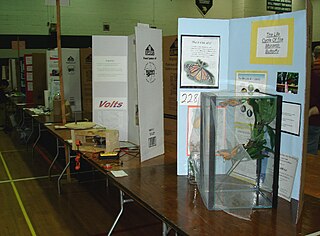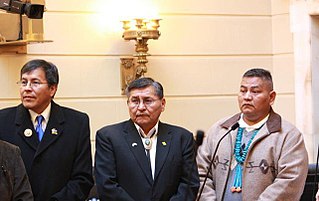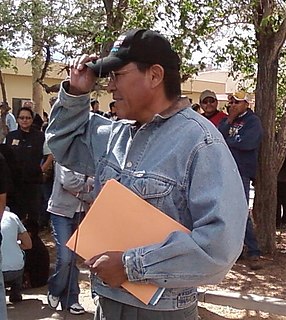 W
WBusy work can refer to activity that is undertaken to pass time and stay busy but in and of itself has little or no actual value. Busy work occurs in business, military and other settings, in situations where people may be required to be present but may lack the opportunities, skills or need to do something more productive. People may engage in busy work to maintain an appearance of activity, in order to avoid criticism of being inactive or idle. The Merriam-Webster dictionary defines busywork as "work that usually appears productive or of intrinsic value but actually only keeps one occupied."
 W
WA display board, also known as poster board, is a board-shaped material that is rigid and strong enough to stand on its own, and generally used paper or other materials affixed to it. Along with quad charts, display boards were an early form of fast communication developed by the National Weather Service of the United States Department of Commerce's National Oceanic and Atmospheric Administration.
 W
WThe Every Student Succeeds Act (ESSA) is a US law passed in December 2015 that governs the United States K–12 public education policy. The law replaced its predecessor, the No Child Left Behind Act (NCLB), and modified but did not eliminate provisions relating to the periodic standardized tests given to students. Like the No Child Left Behind Act, ESSA is a reauthorization of the 1965 Elementary and Secondary Education Act, which established the federal government's expanded role in public education.
 W
WDavis Filfred is an American politician for the Navajo Nation Council Delegate in the Utah Navajo Section.
 W
WHomework, or a homework assignment, is a set of tasks assigned to students by their teachers to be completed outside the classroom. Common homework assignments may include required reading, a writing or typing project, mathematical exercises to be completed, information to be reviewed before a test, or other skills to be practiced.
 W
WAlfie Kohn is an American author and lecturer in the areas of education, parenting, and human behavior. He is a proponent of progressive education and has offered critiques of many traditional aspects of parenting, managing, and American society more generally, drawing in each case from social science research.
 W
WKenneth Maryboy is an American politician for San Juan County, Utah, and was Navajo Nation Council Delegate. Kenneth is a former San Juan County Commissioner. Maryboy was the third Democrat in a row to have been elected to the Commissioner District 3 position since its inception in 1984 that divided the county into three districts. Kenneth was replaced on the commission in 2015 by Rebecca M. Benally
 W
WMark Maryboy is a retired American politician for San Juan County, Utah, and a former Navajo Nation Council Delegate for the Utah Navajo Section of the Navajo Tribe. He is the brother of Kenneth Maryboy who currently serves in the positions he once stood. Mark is of the Navajo Indian Tribe.
 W
WNational Assessment Banks, commonly referred to as NABs after the National Assessment Bank from which these assessments are selected by teachers, are internal assessments that used to form part of the Scottish Higher and Intermediate courses. These were assessed by a centre and are moderated by the Scottish Qualifications Authority. Candidates sitting a courses at Intermediate 1, Intermediate 2, Higher and Advanced Higher levels were required to have passed a NAB for each unit in order to sit the end of course examination. The NAB examinations are, as of 2010, no longer compulsory, and pupils can sit the final examination without sitting a NAB. Often, pupils must pass a prelim to sit the final exam.
 W
WThe No Child Left Behind Act of 2001 (NCLB) was a U.S. Act of Congress that reauthorized the Elementary and Secondary Education Act; it included Title I provisions applying to disadvantaged students. It supported standards-based education reform based on the premise that setting high standards and establishing measurable goals could improve individual outcomes in education. The Act required states to develop assessments in basic skills. To receive federal school funding, states had to give these assessments to all students at select grade levels.
 W
WOutcome-based education or outcomes-based education (OBE) is an educational theory that bases each part of an educational system around goals (outcomes). By the end of the educational experience, each student should have achieved the goal. There is no single specified style of teaching or assessment in OBE; instead, classes, opportunities, and assessments should all help students achieve the specified outcomes. The role of the faculty adapts into instructor, trainer, facilitator, and/or mentor based on the outcomes targeted.